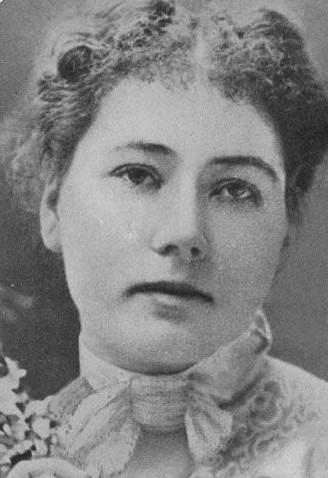Saint Vincent de Paul exemplified the virtue of love of neighbor, earning him the title, Apostle of Charity. His life is a reminder for us still on earth, that our love for Christ must be an active one, revealing itself to those most in need. The following is a collection of Saint Vincent de Paul’s words on the virtues, love of God, and true Christian perfection.
The following are taken from The Voice of the Saints, compiled by Francis W. Johnston, Burns & Oates, 1965; reprinted by TAN, 1986.
Human nature grows tired of always doing the same thing, and it is God’s will that this should be so because of the opportunity of practicing two great virtues. The first is perseverance, which will bring us to our goal. The other is steadfastness, which overcomes the difficulties along the way.
The more we conquer ourselves, the more He gives us of His grace; and if today we have had power to overcome one difficulty, tomorrow and the day after we shall be able to surmount others that are much greater and more distressing.
Feed upon the Will of God and drink the chalice of Jesus with your eyes shut, so that you may not see what is inside. Let it be enough for you to know that it is the cup of your sweet Jesus.
We must love our neighbor as being made in the image of God and as an object of His love. Extend mercy toward others, so that there can be no one in need whom you meet without helping. For what hope is there for us if God should withdraw His Mercy from us?
We should strive to keep our hearts open to the sufferings and wretchedness of other people, and pray continually that God may grant us that spirit of compassion which is truly the spirit of God.
Tolerance is an important part of charity. Without it, it is difficult for two persons to get on together. Moreover, tolerance is the bond of all friendship, and unites people in heart and opinion and action, not only with each other, but in unity with Our Lord, so that they may really be at peace.
It is on humble souls that God pours down His fullest light and grace. He teaches them what scholars cannot learn, and mysteries that the wisest cannot solve He can make plain to them.
If we possessed every virtue, but lacked humility, those virtues would be without root and would not last.
Be careful to give no credit to yourself for anything; if you do, you are stealing from God, to whom alone every good thing is due.
What was the life of Christ but a perpetual humiliation?
Let us not deceive ourselves. If we do not have humility, we have nothing. We must remember that all incapacity and distress is sent to us by God. Life and death, health and sickness, are all ordered by Him; and in whatever form they come, it is always to help us and for our good.
There is great reason you should distrust yourself, but there is much greater reason that you should trust yourself entirely to your Divine Saviour.
When we have once placed ourselves entirely in the hands of God, we need fear no evil. If adversity comes, He knows how to turn it to our advantage, by means which will in time be made clear to us.
The following are taken from A Year With The Saints, Anonymous, 1891; republished by TAN, 1988.
Perfection consists in one thing alone, which is doing the will of God. For, according to Our Lord’s words, it suffices for perfection to deny oneself, to take up the cross and to follow Him. Now, who denies himself and takes up his cross and follows Christ better than he who seeks not to do his own will, but always that of God? Behold, now, how little is needed to become a saint! Nothing more than to acquire the habit of willing, on every occasion, what God wills.
As it is most certain that the teaching of Christ cannot deceive, if we would walk securely we ought to attach ourselves to it with the greatest confidence and to profess openly that we live according to it, and not to the maxims of the world, which are all deceitful. This is the fundamental maxim of all Christian perfection.
The most powerful weapon to conquer the devil is humility. For, as he does not know at all how to employ it, neither does he know how to defend himself from it.
We ought always to consider others as our superiors, and to yield to them, even though they be our inferiors, by offering them every kind of respect and service. Oh, what a beautiful thing it would be if it should please God to confirm us well in such a practice.
Our Lord says that whoever wishes to become greatest of all must make himself least of all. This is a truth that all Christians believe; how happens it, then, that so few practice it?
If we should well consider all that is human and imperfect in us, we should find but too much cause to humiliate ourselves before God and men, even before our inferiors.
The first step to be taken by one who wishes to follow Christ is, according to Our Lord’s own words, that of renouncing himself—that is, his own senses, his own passions, his own will, his own judgment, and all the movements of nature, making to God a sacrifice of all these things, and of all their acts, which are surely sacrifices very acceptable to the Lord. And we must never grow weary of this; for if anyone having, so to speak, one foot in Heaven, should abandon this exercise, when the time should come for him to put the other there, he would run much the risk of being lost.
ooo
This article is taken from a chapter in Saint Vincent de Paul by F.A. Forbes which is available from TAN Books.









